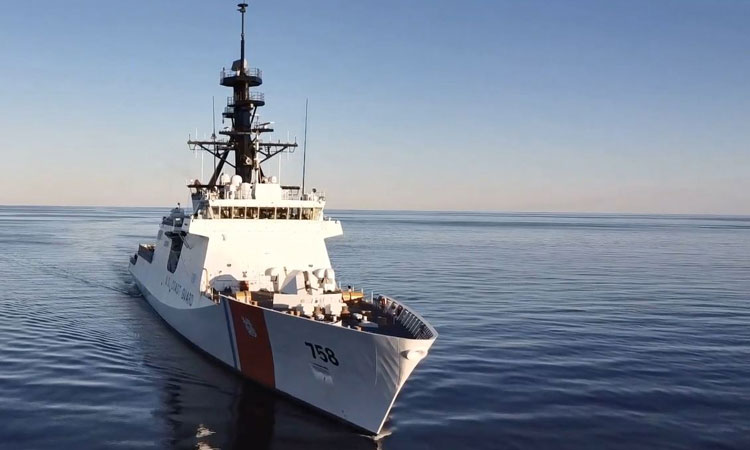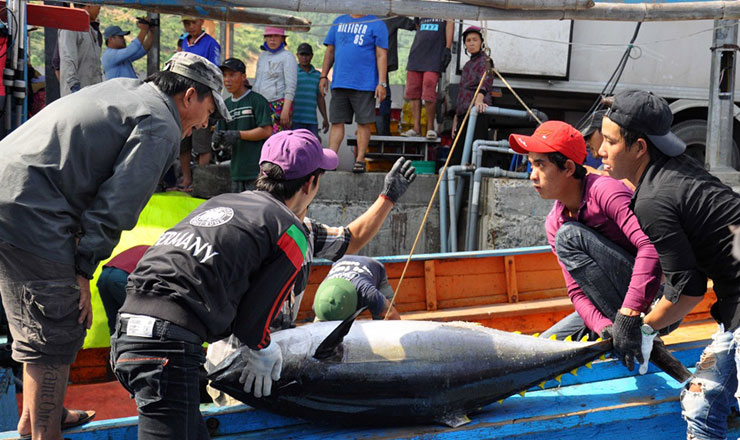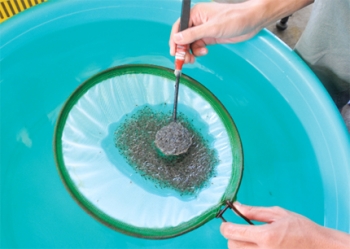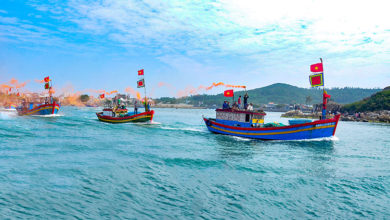Vietnam emerges as regional hub in Southeast Asia’s IUU combat efforts
In Southeast Asia, a region rich in marine resources yet facing increasing pressure from overexploitation, Vietnam is asserting a leadership role in shaping regional cooperation against illegal, unreported, and unregulated (IUU) fishing. Through knowledge sharing, training, and strategic coordination, Vietnam is driving a more sustainable future for the region’s fisheries.
Vietnam is currently at the core of a regional capacity-building program funded by the Australian Government, aimed at strengthening efforts to combat IUU fishing. The program connects fisheries officers from eight ASEAN countries, along with Timor-Leste and Papua New Guinea, in a rare platform for technical training and cross-border cooperation, which will run through June 2027.
DNA analysis becomes a fisheries enforcement tool
A key focus of the 2025 training curriculum is DNA analysis, a scientific method used to identify species, origin, and size of fish. This capability supports more rigorous monitoring of fishing vessels and improves traceability for seafood imports and exports, helping meet the growing regulatory requirements of international trade.

Led by experts from the Australian Fisheries Management Authority (AFMA), including Senior Program Director David Power, the training equips officers with advanced skills. “Building scientific capacity in fisheries enforcement enables countries to better monitor IUU activity, enhance supply chain transparency, and ultimately increase global market trust,” Power emphasized.
From the Vietnamese perspective, Dr. Tran Van Hao of Nha Trang University highlighted the program’s balance between theory and hands-on fieldwork. “Participants bring diverse backgrounds and experiences, but all share a common goal: learning modern monitoring tools to apply in their home countries. Vietnam plays a dual role, as host and knowledge-sharing hub, underscoring our commitment to responsible fisheries and the global effort to lift the IUU yellow card,” he said.
The 12-week program is one of the few in the world to provide specialized training on IUU fisheries enforcement. With its strong track record in fisheries education and international collaboration, Nha Trang University serves as both host and coordinator for the regional fisheries management community.
ASEAN-wide cooperation: Vietnam at the center
Beyond technical training, the initiative aims to build a long-term regional fisheries cooperation network. Participants engage in policy discussions, analyze enforcement models, and exchange data and risk alerts to lay the groundwork for cross-border collaboration.
Kantaphat Siricheingpin, a legal officer from Thailand’s Department of Fisheries, shared his impressions: “Vietnam’s proactive use of science in fisheries monitoring is impressive. Learning directly from a country tackling IUU challenges in real time gives us practical insights we can apply at home.”
Similarly, Vergara Ivann James Zalameda from the Philippines’ MIMAROPA regional fisheries office noted, “We don’t just learn from lectures, we learn from each other. Peer discussions have helped me understand the legal systems and enforcement structures in other countries, which is essential for effective regional surveillance.”
These testimonials reflect the real-world value of the program and the confidence other nations place in Vietnam’s leadership role.
Building a sustainable regional fisheries future
As global pressure mounts for sustainable fisheries practices, this region-wide initiative, guided by Vietnam, holds strategic importance. It goes beyond technical skills, fostering a regional community united in preserving marine ecosystems and promoting responsible fisheries.
Looking ahead, the program will expand to include satellite-based monitoring, community co-management models, and regulatory framework enhancements to further strengthen IUU governance in Southeast Asia.
Vietnam’s leadership in the program not only boosts its domestic capabilities but also affirms its commitment to international cooperation. It is part of a broader national strategy to modernize fisheries, integrate high-tech solutions, and embrace digital transformation in monitoring and data management, positioning the country as a model for responsible, future-ready fisheries governance.
VFM






